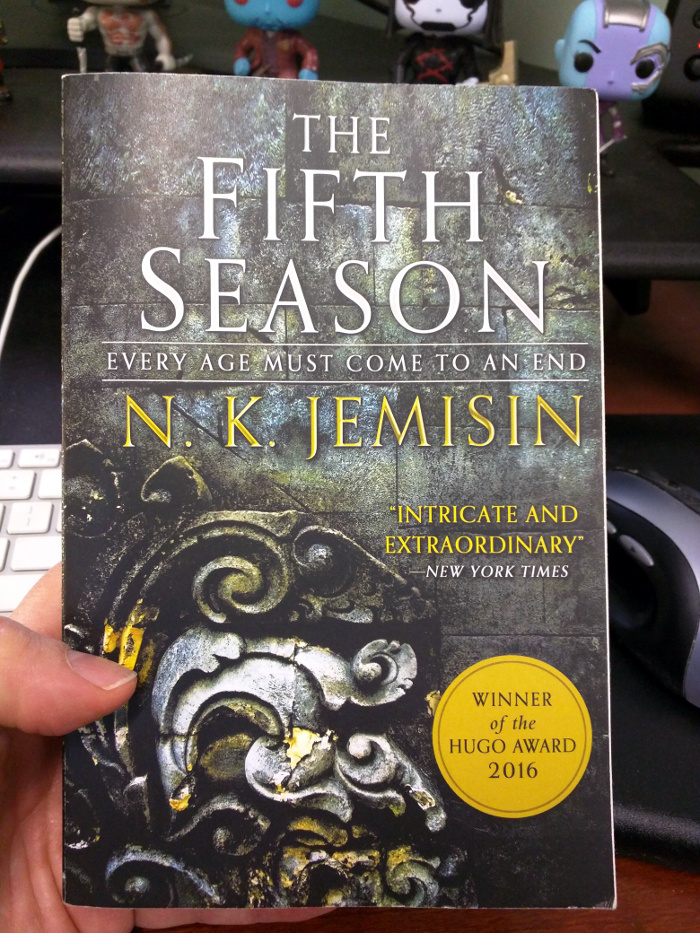

“The Fifth Season” brings us to the end of the world in three different times, with three orogene women at different stages of life and loss.

The lives and minds and bodies of the orogenes are trampled and exploited by their civilization as casually as the planetary crust shudders open a new volcano: a similarly impersonal cruelty that in both cases leads inevitably to the fifth season of death and destruction. The planet’s oppression of its inhabitants parallels their own systematic oppression of the orogenes, mutants whose power to subdue the violent earth - at a cost - evokes the fear and hatred of the humans around them, and the hunger to make use of them. The world is ending in Jemisin’s new novel, “The Fifth Season,” in ways from small to large and fast to slow, yet that’s not such a bad thing, because the world is the enemy of the story: Father Earth as an antagonist whose unending cycle of destruction is all the more terrible for its faceless, insensate nature. Her heroes achieve escape velocity, smashing through oppressive systems and leaving them behind like shed skins. When escape comes in her novels, it is not a merely personal victory, or the restoration of a sketchy and soft-lit status quo. Systems of power stalk her protagonists, often embodied as gods and primeval forces, so vast that resistance seems impossible even to contemplate. Jemisin’s intricate and extraordinary world-building starts with oppression: Her universes begin by asking who is oppressing whom, what they are gaining, what they fear. Too often, though, that escape comes through a fictional world that erases rather than solves the more complex problems of our own, reducing difficulty to the level of personal struggle and heroism, turning all obstacles to monsters we can see and touch and kill with a sword. Fantasy novels often provide a degree of escapism: a good thing, for any reader who has something worth escaping.


 0 kommentar(er)
0 kommentar(er)
